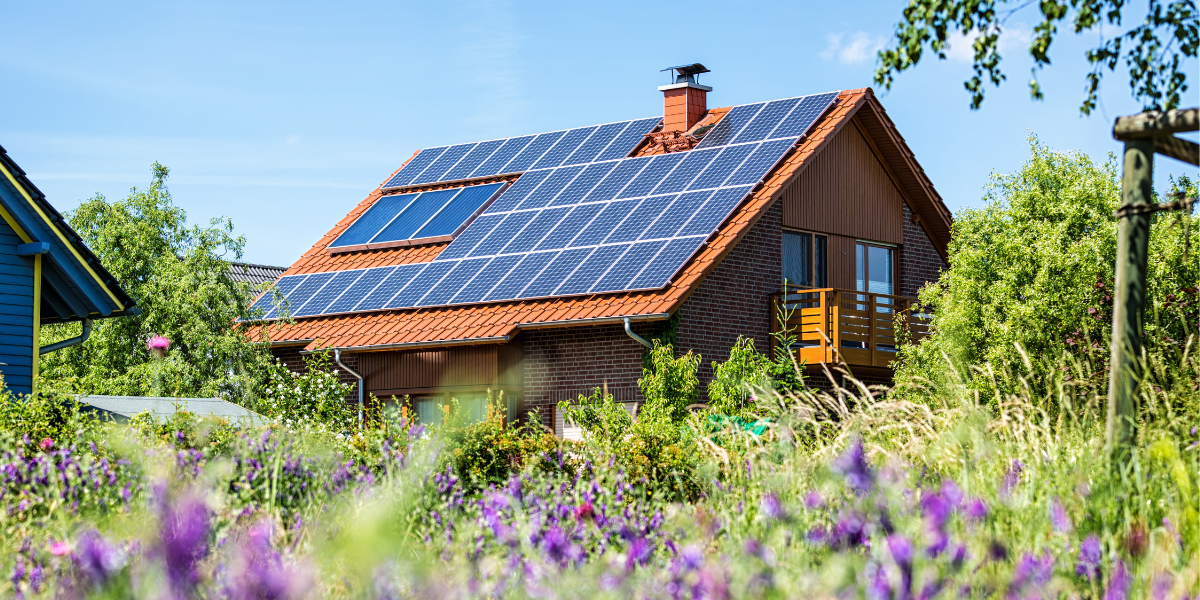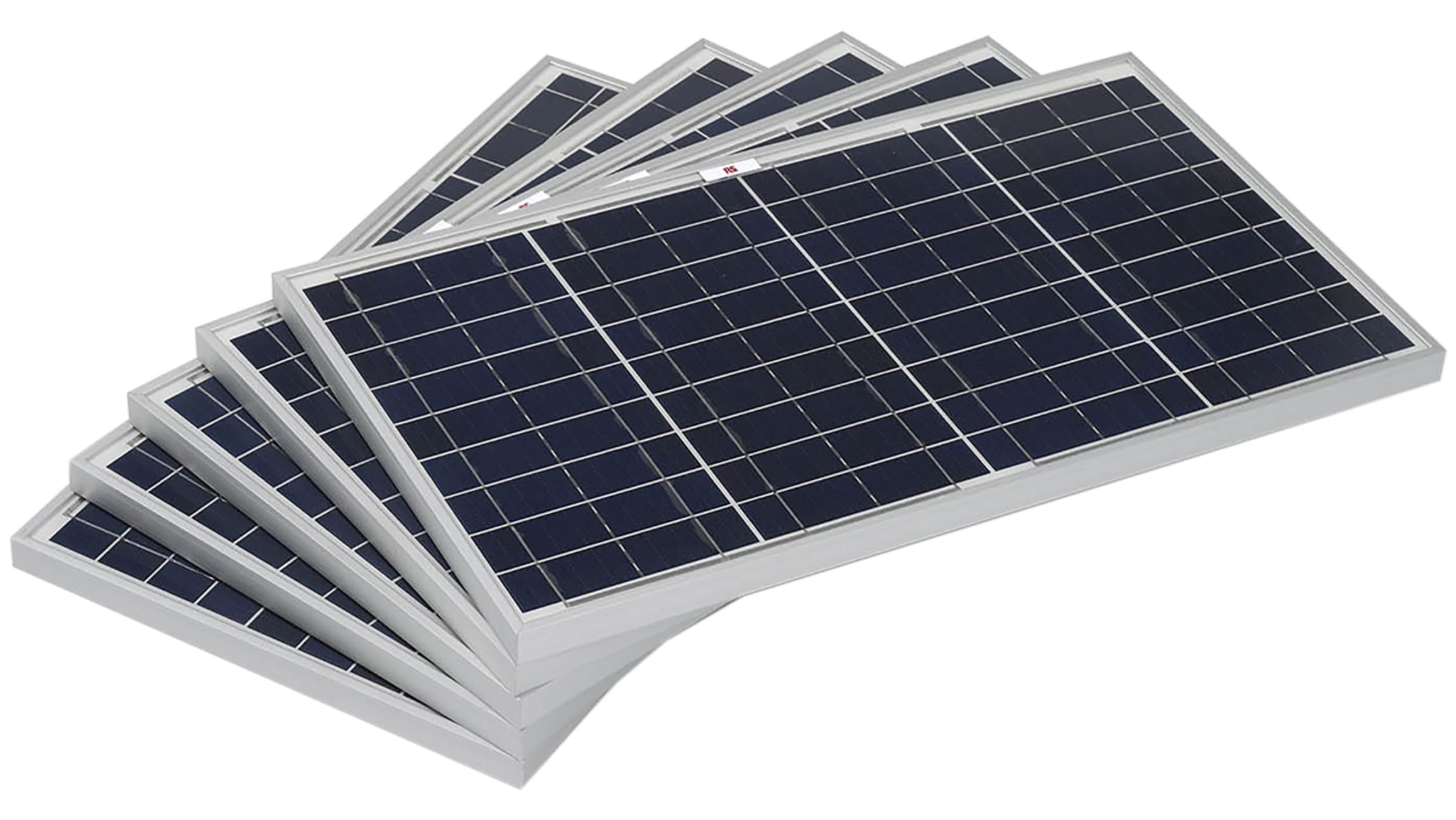Get professional advice on selecting the best Solar Panels for your needs.
Get professional advice on selecting the best Solar Panels for your needs.
Blog Article
Take Full Advantage Of Energy Cost Savings With High-Quality Solar Panels
Maximizing power cost savings with the usage of premium solar panels is a complex approach that needs mindful factor to consider of innovation, setup, and upkeep. Picking high-efficiency options, such as monocrystalline panels, can substantially boost electrical power generation, while longevity and warranty terms play an essential role in long-term monetary viability. In addition, understanding the potential for federal government incentives can amplify the roi. Nevertheless, the journey does not finish with the acquisition; the subtleties of installation and continuous upkeep are just as essential to attaining optimum outcomes. What aspects should property owners prioritize to guarantee they recognize these benefits totally?
Advantages of Solar Power
The advantages of solar power are numerous and substantial, making it an increasingly attractive choice for both residential and industrial applications. Among the main benefits is its potential to reduce power costs. By harnessing sunlight, building proprietors can produce their own power, lowering reliance on traditional utility resources and inevitably leading to considerable savings.
Another critical benefit is environmental sustainability. Solar power is a clean, renewable energy that helps to minimize greenhouse gas exhausts, adding to a reduction in air pollution and environment adjustment. This lines up with global efforts to transition in the direction of more sustainable power options.
Additionally, solar power systems can enhance property worth. Homes and businesses geared up with photovoltaic panels typically have greater resale values, appealing to environmentally-conscious purchasers and capitalists. Furthermore, government rewards, such as tax obligation credit histories and discounts, can balance out installation expenses, making solar power much more economically practical.
Finally, solar innovation advertises power independence. By purchasing solar power, individuals and companies can minimize their susceptability to fluctuating power rates and supply disruptions, fostering greater control over their energy resources. Collectively, these advantages emphasize the engaging reasons to take into consideration solar energy remedies.
Picking the Right Solar Panels
Choosing the best photovoltaic panels is a critical action in making the most of the effectiveness and benefits of a solar power system. When evaluating photovoltaic panels, several factors ought to be thought about to make certain ideal performance and lasting financial savings.
First, assess the panel's efficiency score, which shows how properly it converts sunlight into electrical energy. Greater effectiveness panels might have a higher upfront cost however can create more energy in limited area. Next, examine the warranty supplied by the producer; a longer guarantee normally reflects a higher degree of confidence in the product's longevity and performance.
In addition, consider the kind of solar panel modern technology. Monocrystalline panels are recognized for their high performance and space-saving layout, while polycrystalline panels tend to be more affordable yet slightly much less effective. Bifacial panels, which catch sunlight from both sides, are additionally acquiring appeal web link for their potential to enhance energy output.
Lastly, conduct a complete evaluation of independent performance scores and client testimonials to assess reliability and fulfillment. By meticulously thinking about these aspects, home owners can make informed choices that line up with their power needs and economic purposes, eventually enhancing the return on financial investment for their solar power systems.
Understanding Installation Prices
Comprehending the costs connected with setting up photovoltaic panels is crucial for home owners looking to invest in renewable energy. The overall installation price can differ substantially based upon several aspects, consisting of system dimension, panel type, setup complexity, and geographic place.
Commonly, the expense is relied on a per-watt basis, with ordinary prices ranging from $2.50 to $3.50 per watt prior to any type of motivations. A standard property system might set you back in between $15,000 and $25,000, depending on energy needs and the selected components.
Along with the panels themselves, homeowners should take into consideration expenses associated to inverters, placing hardware, and electric upgrades. Labor expenses also play a critical function, as specialist installation makes sure compliance with safety criteria and regional guidelines.

Inevitably, recognizing these installation expenses and potential economic advantages is vital for home owners to make enlightened choices regarding transitioning to solar power.

Maintenance for Long-Term Cost Savings
Maintaining photovoltaic panels is vital for taking full advantage of long-lasting energy cost savings and ensuring the system operates at click here for info peak effectiveness. Regular upkeep entails numerous vital methods that can considerably boost the durability and performance of solar installments.
First, regular examinations need to be conducted to determine any type of physical damages or wear, such as cracks or loosened links. Cleaning up the panels is additionally essential, as dirt, dust, and debris can obstruct sunlight, reducing power result (Solar Panels). It is suggested try this site to clean up the panels at least two times a year, or extra often in locations with high levels of dirt or air pollution
In addition, monitoring the system's efficiency through a surveillance software program can supply real-time data on energy production and sharp home owners to any kind of abnormalities. This aggressive strategy permits for timely repairs, lessening downtime and maintaining optimal power generation.
Environmental Effect of Solar Energy
The ecological effect of solar power extends far beyond its prompt benefits of minimizing electrical power expenses and dependence on nonrenewable fuel sources. By taking advantage of sunshine, solar power dramatically lowers greenhouse gas discharges, therefore alleviating environment change. Unlike conventional energy sources such as coal or all-natural gas, solar energy generation does not produce air pollutants, adding to enhanced air high quality and public health and wellness.
Additionally, solar power promotes biodiversity by reducing the demand for nonrenewable fuel source extraction, which typically interrupts ecological communities and environments. By transitioning to renewable resource sources, we can maintain all-natural landscapes and secure threatened types from habitat loss.
The life process of photovoltaic panels likewise provides a lower environmental footprint compared to standard energy resources - Solar Panels. While producing solar panels includes some source use and discharges, developments in innovation and reusing processes are constantly lowering these effects. Additionally, the long-term advantages of solar energy-- such as reduced dependence on finite sources-- far exceed these initial expenses
Verdict
In recap, the fostering of top quality photovoltaic panels presents considerable chances for power savings and environmental benefits. By choosing suitable innovations, such as monocrystalline panels, and making sure effective installation, house owners can enhance power generation in restricted rooms. In addition, understanding installation costs and maintenance needs better contributes to long-lasting savings. The strategic alignment of photovoltaic panel choices with power needs and federal government rewards improves roi, promoting sustainability and minimizing dependence on conventional power sources.
Report this page